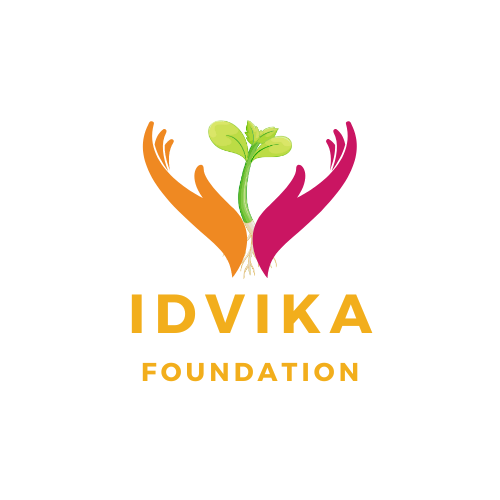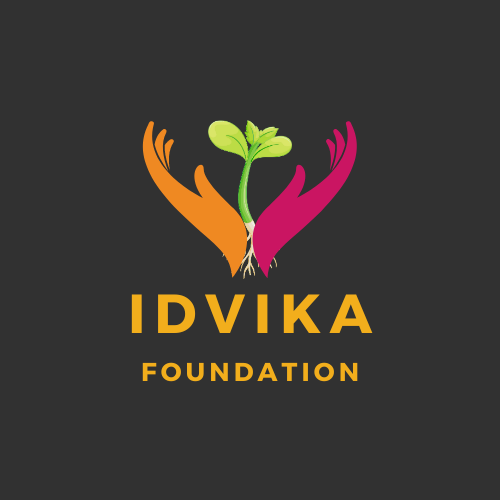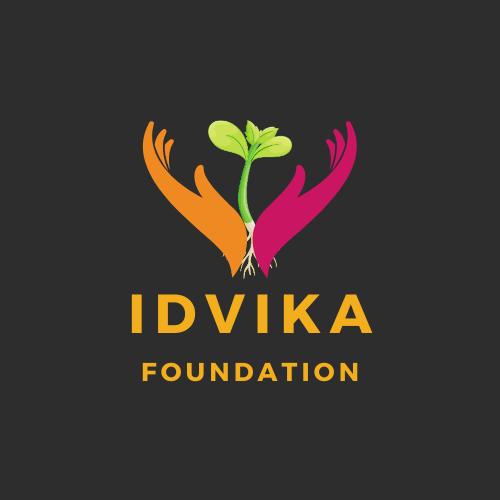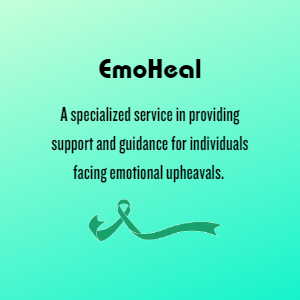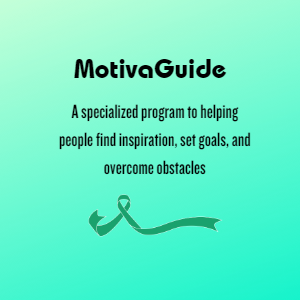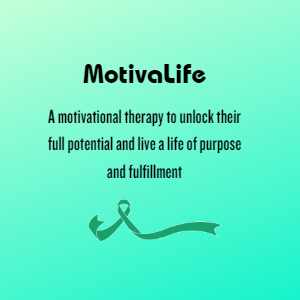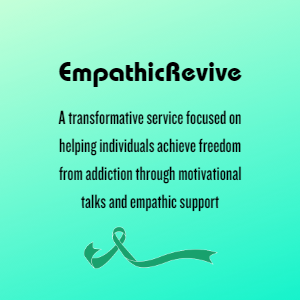Key Tools for Mental Health Program at Idvika Foundation
- Therapeutic Techniques: Our mental health programs utilize evidence-based therapeutic techniques tailored to the needs of individuals and groups. These techniques may include cognitive-behavioral therapy (CBT), dialectical behavior therapy (DBT), mindfulness-based approaches, psychodynamic therapy, trauma-focused therapy, and others. These tools provide effective frameworks for addressing specific mental health concerns and facilitating healing.
- Assessment Tools: To gain a comprehensive understanding of clients’ mental health needs, Idvika Foundation employs various assessment tools. These tools may include standardized questionnaires, interviews, and observations to assess symptoms, functioning, strengths, and areas of improvement. Assessment tools help in formulating personalized treatment plans and tracking progress over time.
- Psychoeducation Materials: Idvika Foundation believes in the power of psychoeducation—providing individuals with knowledge and information about mental health conditions, coping strategies, and self-care practices. We utilize educational materials, resources, and workshops to empower individuals with the information they need to understand their mental health challenges and make informed decisions about their well-being.
- Group Facilitation Techniques: For group therapy programs, skilled facilitation techniques are employed to create a safe and supportive environment. These techniques include active listening, group discussions, structured activities, psychoeducational presentations, and skill-building exercises. Facilitators encourage participation, foster a sense of belonging, and guide the group towards shared goals.
- Technology and Telehealth Platforms: Idvika Foundation leverages technology and telehealth platforms to enhance accessibility and reach individuals who may face geographical or logistical barriers to in-person counseling. Online video consultations, secure messaging platforms, and telephonic support allow individuals to access counseling services remotely, promoting flexibility and convenience.
- Crisis Intervention Strategies: Mental health programs at Idvika Foundation incorporate crisis intervention strategies to provide immediate support in times of acute distress or emergencies. Our mental health professionals are trained to assess and manage crisis situations effectively, ensuring the safety and well-being of clients.
- Outcome Measurement Tools: To assess the effectiveness of our mental health programs, Idvika Foundation utilizes outcome measurement tools. These tools involve regular evaluation of clients’ progress, treatment goals, and therapeutic outcomes. Outcome measurement helps in adjusting treatment plans, identifying areas for improvement, and ensuring the delivery of high-quality services.
- Referral Networks: Idvika Foundation recognizes the importance of collaborative care and maintains a network of trusted professionals and organizations for referrals. If specialized care or additional support is required beyond the scope of our programs, we connect individuals with appropriate resources to ensure continuity of care.
- Cultural Sensitivity and Inclusion Practices: Idvika Foundation emphasizes cultural sensitivity and inclusion in its mental health programs. We acknowledge and respect diverse backgrounds, beliefs, and values, ensuring that our services are accessible and inclusive for individuals from all cultural, ethnic, and religious backgrounds.
- Ongoing Professional Development: Idvika Foundation places great importance on the continuous professional development of its mental health professionals. Our counselors participate in regular training, supervision, and peer consultation to stay updated on the latest research, therapeutic approaches, and best practices in the field of mental health counseling.
Conclusion: At Idvika Foundation, a range of tools and strategies are employed to ensure the effectiveness and quality of our mental health programs. From evidence-based therapeutic techniques to assessment tools, psychoeducation materials, crisis intervention strategies, and cultural sensitivity practices, these tools help us provide comprehensive and client-centered support to individuals seeking mental health assistance. By utilizing these tools, we strive to create a nurturing and healing environment where individuals can embark on their journey towards improved well-being.
